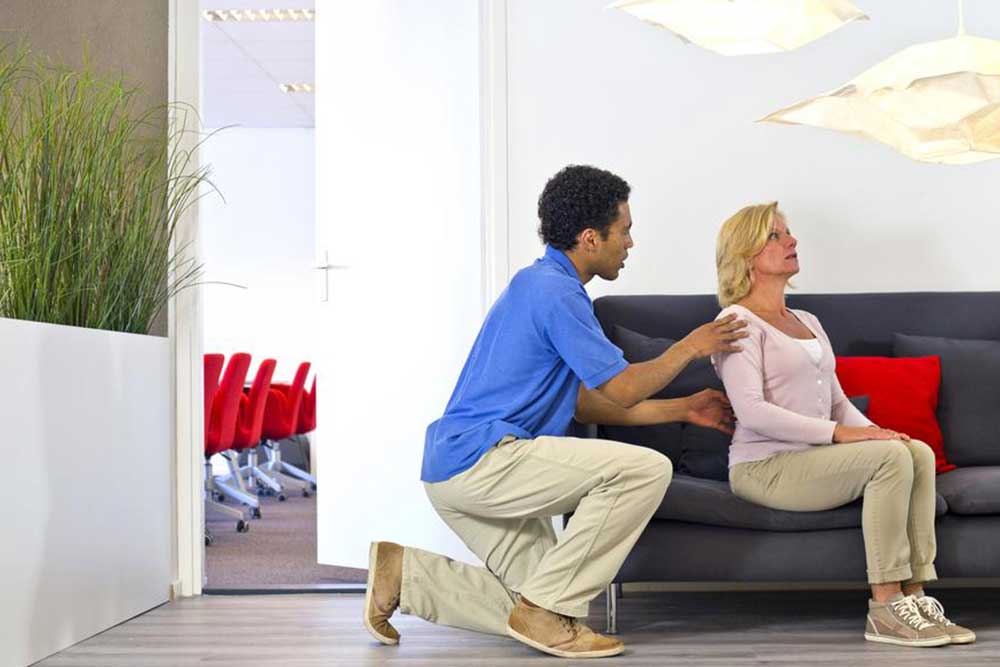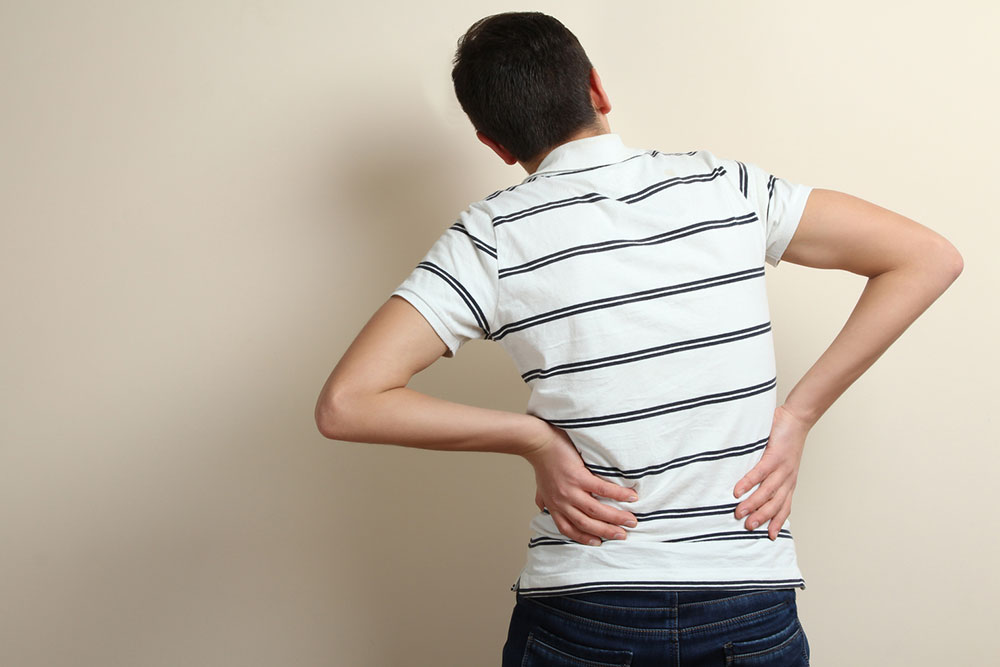Effective Strategies for Alleviating Lower Back Discomfort
Discover effective methods to relieve lower back pain, including rest, heat and cold therapy, medical treatments, and exercises. Learn how to manage chronic discomfort and support spinal health with proper care and professional guidance.

Effective Strategies for Alleviating Lower Back Discomfort
Lower back discomfort involves nerves, muscles, and bones in the lumbar area of the spine. It’s a widespread issue that many experience at some stage in life. Also known as lumbago, this condition affects the lower spinal region, which comprises joints, ligaments, muscles, and nerves working together to support the upper body. Muscles in the L1 to L5 vertebrae enable hip flexibility and rotation.
The nerves here sustain limb muscles, and strain or injury can hinder daily routines. Symptoms range from dull aches to sharp pains, impacting mobility and ease of movement like bending or standing upright. These symptoms may be acute after injury or illness and can become chronic if unresolved. Persistent pain necessitates targeted treatment.
Methods to Reduce Lower Back Pain
Rest
Limiting activities, physical or mental, can help ease discomfort. Rest allows muscles to relax by relieving pressure from the lower back.
Heat and Cold Treatments
Applying heat improves circulation, delivering nutrients and oxygen to aid recovery. Options include hot packs, baths, or heating pads. Cold reduces inflammation and numbs nerve endings, preventing spasms. Alternating heat and cold enhances relief, with heat before physical activity and cold during rest to prevent inflammation.
Medical Interventions
Medical options typically complement other treatments and include:
Epidural Steroid Injections: These foster temporary relief by reducing nerve inflammation, injected under imaging guidance.
Muscle Relaxants: These drugs help minimize muscle spasms and pain signals, facilitating movement.
Narcotic Painkillers: Opioids modify pain perception temporarily when pain is severe.
Back Supports: Braces provide stabilization, especially with physical therapy, to promote healing.
Exercise as a Long-term Solution
Regular physical activity is crucial for managing chronic lower back pain. It boosts the production of endorphins, natural painkillers, and maintains muscle strength and flexibility.
Key exercises include:
Stretching: Gentle stretches for hips and hamstrings increase mobility and prevent stiffness.
Core Strengthening: Strengthening abdominal, hip, and gluteal muscles offers vital support to the lower spine.
Always consult a healthcare professional before starting any medication or exercise regimen to ensure safety and effectiveness.










